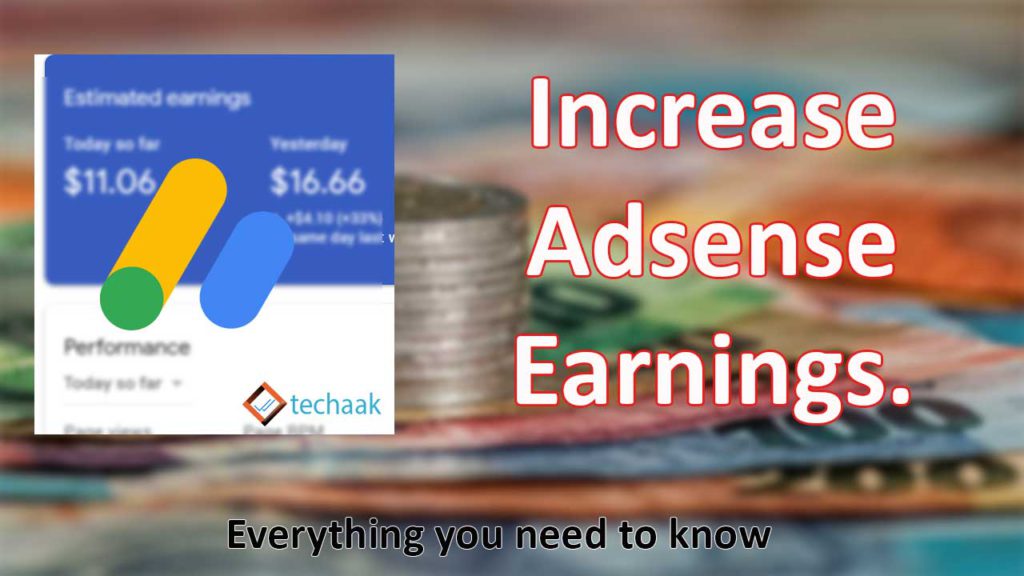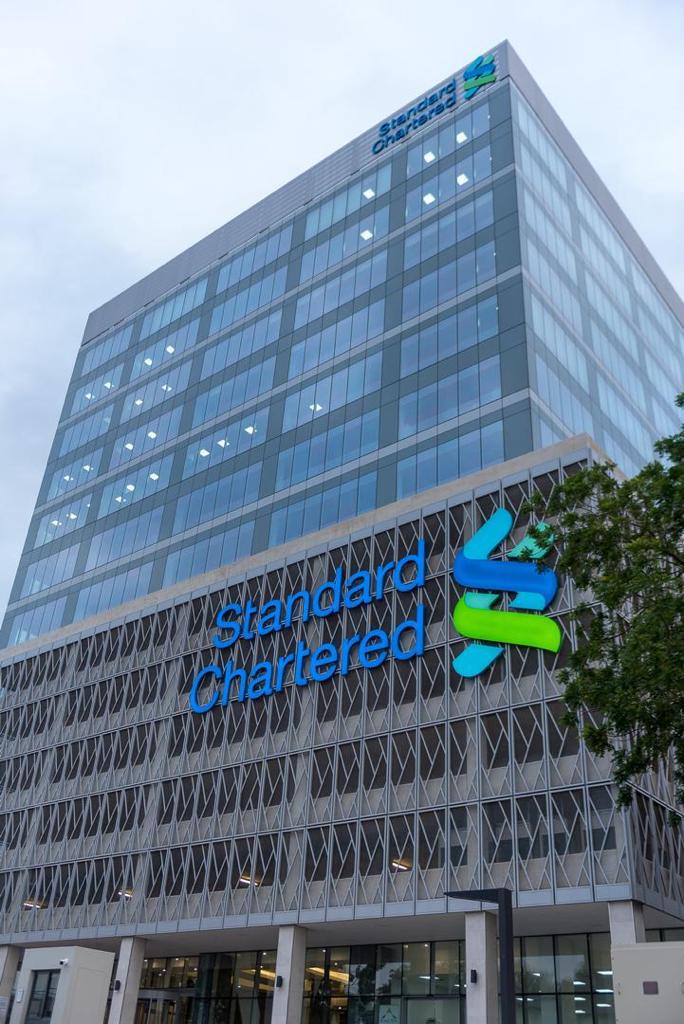Most companies in Ghana’s Platform Economy, like Bolt, Jumia Food, and Uber, are yet to meet minimum standards of fair work – such as offering a living wage or minimum protection against accidents.
This is according to a survey conducted by the University of Oxford and the University of Ghana Business School.
The research, “Fairwork Ghana Ratings 2021: Labour Standards in the Platform Economy” also revealed that despite the rapid growth of the platform economy in recent years, employees are not entitled to fundamental labour rights, including the right form or join a trade union to bargain for better conditions.
In an interview with Citi Business News, Country Manager, Fairwork Ghana Project, Prof Thomas Anning-Dorson called for stronger protections and more robust labour standards in the Ghanaian platform economy.
“We are willing to work with regulators to be able to revise Ghana’s laws because our current labour law does not look at the gig economy and the 4th industrial revolution and the kinds of job that it is producing. So, we believe that this fair work report, is able to highlight these things and the sort of changes that they are able to bring,’ he said.
Fair Work Ghana selected ten major gig platforms rating them according to how fairly they treat their workers. The ratings is geared towards ensuring fairness in the online platform business economy with five principles. The five principles relate to Fair Pay, Fair Conditions, Fair Contracts, Fair Management, and Fair Representation.
“They could not evidence the fact that at least all workers working on those platforms are able to earn the minimum wage set by the Government when they take out their work related costs. And when it comes to living wage, none of the platforms were able to provide us evidence. If people are not able to earn a thousand and one hundred Ghana cedis working in Ghana then you can see how difficult it is,” he added.
Dean of the University of Ghana Business School, Professor Justice Bawole said it is crucial for policy workers to pay particular attention to digital platform businesses and general working conditions across various sectors of the economy.
“I am particularly worried about the hospitality industry and the kind of conditions. In fact, I am actually worried about the media and the kind of conditions that a lot of you work under. I am also worried about private school workers. These are areas where our ministry of labour and employment relations hasn’t paid critical attention,” he intimated.
Chairman of the National Alliance of Digital Drivers Union – Ghana, Bismark Fiifi, Tetteh also shared key concerns of driver partners of the apps.
The report collected data from May to October, 2021, from digital platform workers and managers in Accra, Kumasi, and Takoradi. The Fairwork Ghana project is supported by ‘Invest for Jobs’ of the German Federal Ministry for Economic Cooperation and Development.
Invest for Jobs is implemented by the Deutsche Gesellschaft für Internationale Zusammenarbeit (GIZ) GmbH among others.
In recent decades, the digital revolution has had a transformative effect on our world, disrupting markets, industries, behaviour, and livelihoods.
One major development has been the emergence of labour-broking digital platforms, which have set in motion a dramatic transformation in the world of work, where an ever-greater share of labour processes are being intermediated by such platforms.
In Ghana, the platform economy has grown rapidly over the years, with companies like Uber, Bolt and Black Ride in the ride-hailing space, and Jumia Food and Glovo in the delivery subsector.
Such digital labour platforms are often heralded as offering a solution to the country’s persistent youth unemployment challenge, and indeed, an estimated 60,000 to 100,000 Ghanaians rely on the platform economy for their livelihoods.
However, according to a research, titled, “Fairwork Ghana Ratings 2021: Labour Standards in the Platform Economy” this rapid growth coupled with the virtual nature of such platforms has also raised questions about the quality of work that these platforms provide, as most workers faces multiple challenges ranging from poor renumeration to violence at work.
TO UPLOAD Or PROMOTE Your SONG CALL / WHATSAPP: +233247046146
KINDLY FOLLOW US ONECLICK GHANA ONECLICK GHANA ONECLICKGHANA






